Journalism is the first rough draft of history
Transcript
Michael Socolow:
You need to be, in a certain sense in today’s world, to be a journalist, you need to be almost an adrenaline junky. You need to be able to be ‘on’ almost all the time.
I like to think a lot about patterns and historical patterns. I like to think about how what may have happened before may, in fact, be a lesson for those of us living in today’s media world and in today’s political and cultural environment.
Twitter reminds me of what the Drudge Report was in the mid or early ’90s. And even before that, even before the web got big, of the wire services.
So for instance, when I worked at CNN in the early ’90s in Los Angeles, you could find out stories happening before anybody else knew. That’s really what I enjoyed about journalism, was really being at the center, at the nerve center of this. That was from the wire services.
Twitter is the closest thing to an old-fashioned wire service that I think exists today. If a breaking story occurs somewhere in the world or the United States, it happens first on Twitter. So if you want to be informed, that’s the place you have to be whether you like it or not.
I’ve taught this propaganda and political communication course two times previously over the last, I’d say, five or six years. And I was pretty confident going into it at the start of every semester. This semester, I’m not nearly as confident.
So much has happened in the last year, two years, that make me feel less informed, less fully informed, about what’s truly happening in the political environment of the United States, that I’m actually playing catch-up. I’m trying to follow up on ideas like outrage-sharing and unintended amplification.
Outrage sharing is when so many people are so angry that they retweet something and, without purpose, giving it far more viral spread. The audience for that isn’t the people who are getting angry. The audience for that is to rebound to the people who support the position that is seemingly outrageous. It’s kind of a paradox. It’s kind of complex. That’s the first.
The second, which is unintended amplification, is slightly different. Which is, you may just comment on something, you may agree with it rather than disagree with it, but simply by the act of sharing, whether there’s value in your retweet or not, you’re unintended(ly) amplifying something that may be marketing.
I’m hoping we eventually get to, as a society, a better understanding of how to use social media critically and how to think about what comes across our transom unmediated by journalists. Because that’s the future we’re going to live in. So I’m hoping there’s media literacy education. I hope that improves.
I’m involved with the Maine Humanities Council on a series of programs this fall having to do with journalism, democracy and the informed citizen. And I’m hoping that kind of outreach in getting people actually talking about how to use social media responsibly and thoughtfully. I’m hoping that we’ll see a change in the next couple of years.

